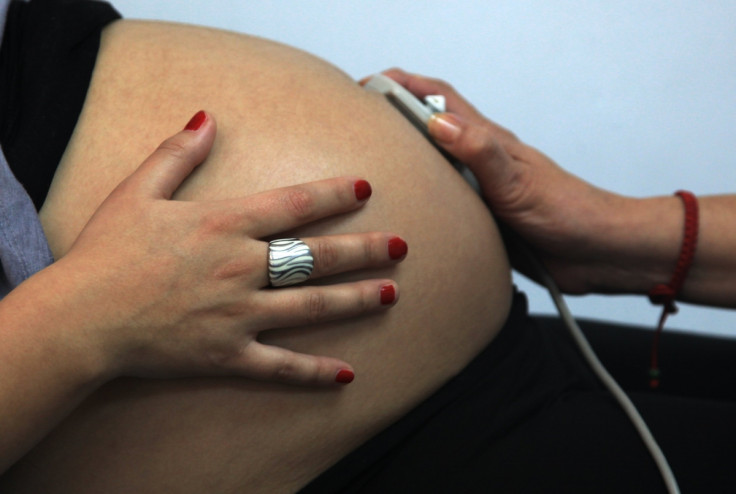Women face falling off a fertility 'cliff edge' if they fail to conceive before the age of 38

Women in their mid-30s face falling off a fertility "cliff edge" if they haven't conceived by then or have had their eggs frozen, medical research has shown.
Research, presented at the European Society of Human Reproduction's annual conference in Lisbon on 16 June, reveals that women trying to have a baby are 18 times more likely to succeed at the age of 38 as when they are just six years older.
Senior doctors said there was a need for "more realistic expectations" among many women, who should either start trying for a family earlier, or else freeze their eggs.
The doctors blamed celebrities having babies well into their 40s as being a primary cause of false hope that it works for everyone.
The 12-year study involving 4,000 women, led by Hospital Universitairo Quiron- Dexeus in Barcelona, shows that at 38 about 24% of women having fertility treatment went on to have a baby. But by 44, the figure was just 1.3%.
Dr Marta Devesa, lead researcher, said: "There is a clinically relevant decline from 41/42 - but the prognosis is really futile from 44 and onwards."
"Women should be encouraged to have families earlier but if you can't change society then we should encourage them to freeze their eggs by 35."
Professor Charles Kingsland, from Liverpool Women's Hospital, told the Telegraph he knew many well-educated women knew little about their fertility levels.
"I'm amazed at how many women say I'm going to have my career, relationship with the man of my dreams, buy a house then have a family - and I think no you cannot do that," he said.
"Even the most well-informed women are ignorant and still just don't realise how much age affects fertility."
© Copyright IBTimes 2025. All rights reserved.



















